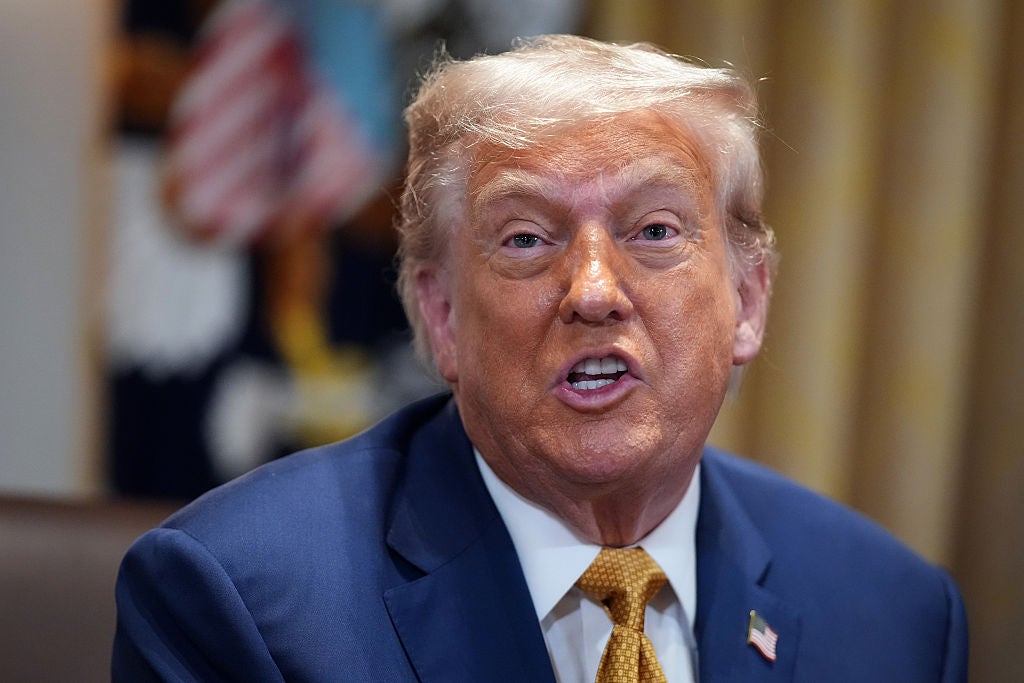US President Donald Trump’s 200% tariff threat on the pharmaceutical industry is a “shock” that will reverberate through global supply chains.
Speaking at the White House on 8 July, Trump said: “We’ll be announcing something very soon on pharmaceuticals. We’re going to give people about a year, year and a half to come in, and after that they’re going to be tariffed if they have to bring the pharmaceuticals into the country at a very high rate, like 200%.”
This is significantly higher than the 25% tariff threatened by the US President in March 2025. When 10% tariffs came into effect for several countries, pharmaceuticals were given a temporary exemption, but both Trump and US Commerce Secretary Howard Lutnick continued to suggest pharmaceutical tariffs would be implemented within months.
Cyrus Fan, research analyst in the GlobalData life sciences team, said that the industry is trying to warn Trump that these tariffs may be counterproductive for the US healthcare system, with moves to onshoring set to take years, not months.
Fan said: “Trump has repeatedly encouraged the building of new manufacturing sites for drugmakers. In May, Trump signed an executive order to help streamline pharma companies to build new US drug manufacturing production sites.
“Moving pharma manufacturing domestically takes years, far longer than the grace period Trump is proposing in his recent cabinet meeting. Multiple pharma companies have pledged billions of dollars to increase their US manufacturing presence since Trump started his second term in office. However, the industry continues to warn Trump that tariffs on medicines would be counterproductive and could increase the costs of medicines.”
Chartered Institute of Export & International Trade’s director general Marco Forgione said: “This kind of tariff shock, especially at a proposed rate of 200%, would reverberate through global pharmaceutical supply chains. UK exporters are deeply integrated into US healthcare delivery, from innovative treatments to specialist manufacturing inputs. Any move to isolate or penalise those partnerships risks triggering a counterproductive scramble to localise production, which would raise costs and delay access to lifesaving treatments on both sides of the Atlantic.”
“Pharmaceutical supply chains are also incredibly complex, and any tariff could carry real global consequences. UK firms exporting to the US may find themselves caught in the crossfire, particularly SMEs and contract manufacturers who lack the leverage or flexibility to shift production overnight. We need coordinated diplomacy and sector engagement to avoid a new tariff arms race in essential goods.”






